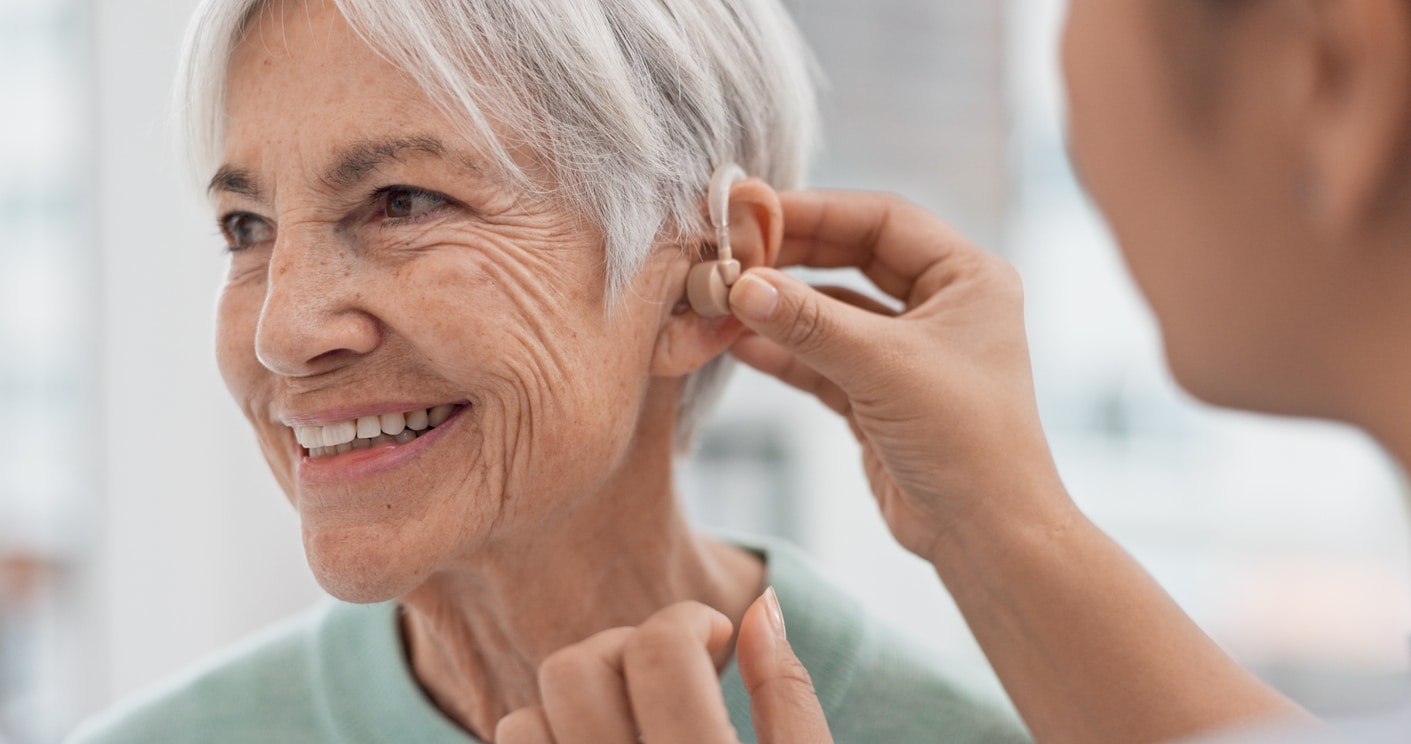One in eight people in the U.S., aged 12 or older, has hearing loss based on standard hearing examinations. Approximately 15% of adults in the U.S. aged 18 or older report experiencing some degree of hearing trouble.
Researchers are continually searching for keys to better understanding hearing loss, and recent research shows iron deficiency anemia, or IDA, may have an impact.
According to the study, IDA is a common and easily correctable condition. Utilizing retrospective data from the Penn State Milton S. Hershey Medical Center in Hershey, PA, the study analyzed patients’ hearing and blood profiles, discovering a significant association between IDA and both conductive and sensorineural hearing loss.
Understanding the Link

Researchers don’t fully understand the link, but there are two conclusions about how IDA impacts auditory impairment.
Two key conclusions:
- Impact on inner ear blood supply: The artery supplying blood to the inner ear is highly susceptible to damage from reduced blood flow. The study shows individuals with IDA may experience decreased oxygen availability to the inner ear tissues due to compromised blood flow, resulting in hearing loss.
- Role of iron in myelin production: Reduced iron levels in the body can hinder myelin production by disrupting essential chemicals involved in the process. If the myelin coating the auditory nerve is damaged, it could lead to hearing loss.
Currently, researchers have only determined that there is a link between anemia and hearing loss. They do not have evidence that treating anemia with iron loss could help reduce the potential for hearing loss; more research is needed.
If you’re monitoring your hearing health, understanding the potential link between IDA and hearing loss can be crucial. IDA is a common and correctable condition, making it essential to monitor your iron levels and seek medical advice if necessary. If you’ve ever experienced hearing loss or have had a hard time hearing your barista at 35 North Coffee, this knowledge can guide discussions with your hearing specialist.
It’s also important to remember to protect your hearing by avoiding continued exposure to loud noises and wearing hearing protection when in loud environments. If you have questions about how to protect your hearing or want to schedule a hearing test, contact Southwestern Hearing & Balance.
